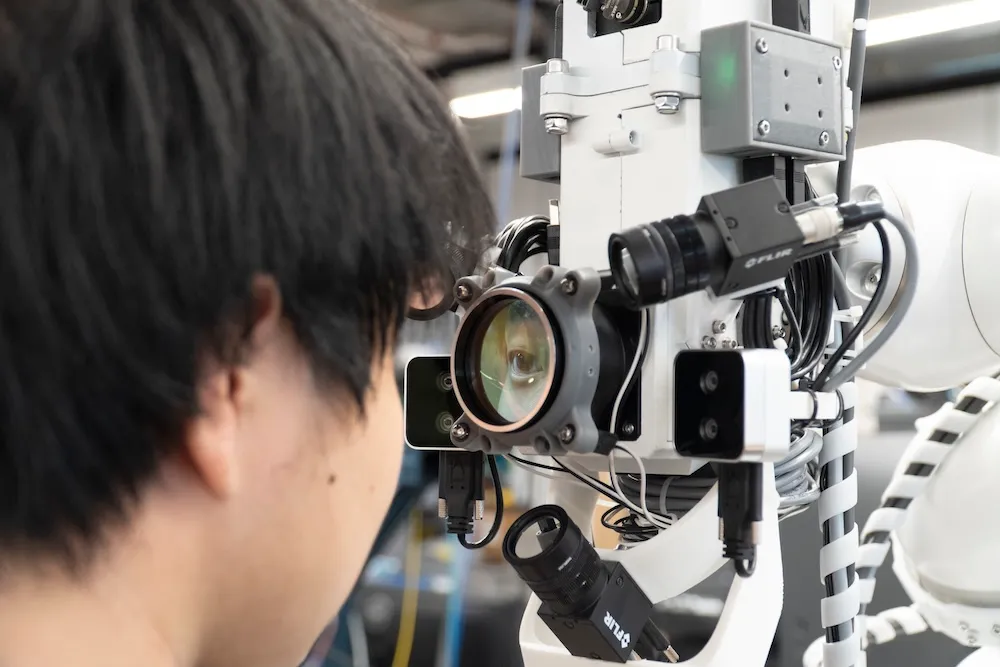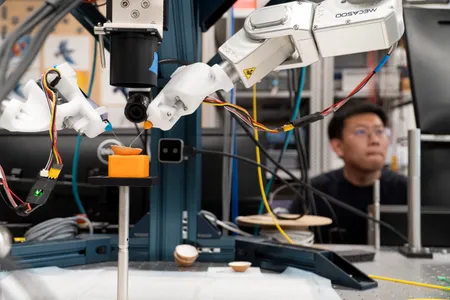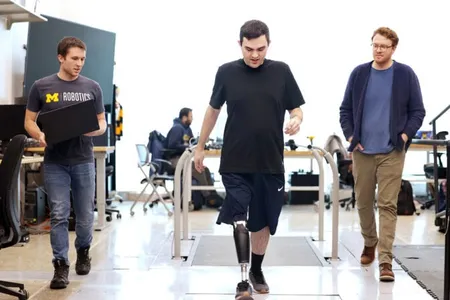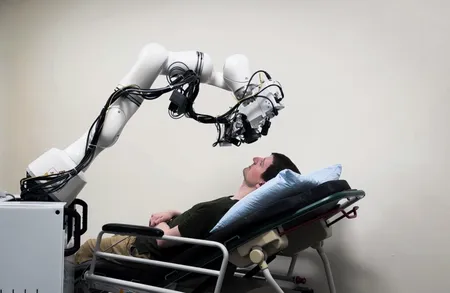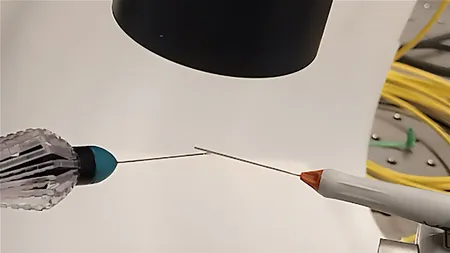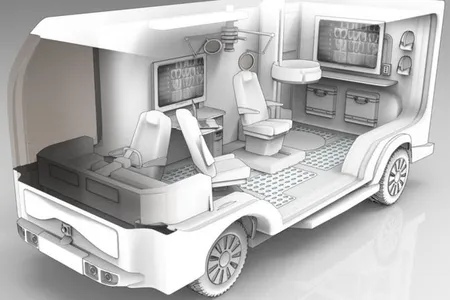Medical robotics is the application of robots to improve the quality, effectiveness, delivery, and accessibility of health care. Researchers in the field of medical robotics draw and synthesize all other aspects of robotics: AI, human robot interaction, motion planning, perception, autonomy, and more, to develop systems and devices to benefit human health. This work involves close collaboration of multidisciplinary teams composed of scientists, engineers, clinicians, and patients. At Michigan Robotics, this is made possible through close connections with the world-class University of Michigan Medical School.
Medical robotics traces its origin to the 1980s, where industrial robots were adapted to perform specific tasks in brain and knee surgery with precision. Today, medical robotics spans multiple disciplines ranging from surgery and diagnostics to rehabilitation and nursing. In surgery, medical roboticists work to create surgical assistants that collaborate in the operating room to improve precision and efficiency. In diagnostics, medical robots seek to improve the detection of disease and make tests more comfortable for patients. In nursing and rehabilitation, robotic devices promote recovery from illness and help patients regain function following injury, respectively.
At Michigan Robotics, researchers work on all stages of medical robot system development. Teams of roboticists and clinicians identify needs in health care that robots can meet. They then create prototypes and perform proof of concept studies in simulation, rapidly iterating on designs to improve performance, efficacy, and safety. Next, for appropriate projects, they conduct human studies with volunteers and Michigan Medicine patients to understand how well their robots function in their target clinical area. Finally, when devices demonstrate a significant positive impact, they form startups or coordinate with medical robotics companies to scale up the technology for broader patient use.
